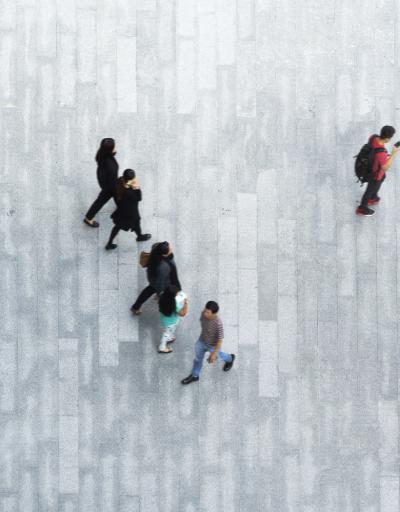
ultramanskShutterstock.com
Yongsan-gu, Republic of Korea
Yongsan-gu is located in central Seoul on the northern bank of the Han River and served as an entry point to the city for seaborne travellers and merchants during the Joseon Dynasty. Today, Yongsan-gu is one of the most international and touristic neighbourhoods in Seoul.
groups
City population
229,770
person
Member since
2019
Vision
Yongsan-gu continues its efforts in promoting citizens’ learning needs through developing various lifelong learning projects. The municipality participates in international cooperation projects of the learning cities, establishes lifelong learning systems, and strengthens citizens’ lifelong learning ability.
Policies, plan and implementation
Sustainability and Health
Yongsan is fostering global
talents by utilizing the
environment of the city and
encouraging participation in
lifelong learning. In addition, Yongsan is disseminating the
best practices of the district,
improving learner satisfaction,
and creating virtuous cycles of
learning results.
Equity and Inclusion
Yongsan contributes to
addressing local
development tasks by
activating learning
communities, developing resident-led policies, and
utilizing regional human
resources by linking
learning with jobs.
Decent Work and Entrepreneurship
Yongsan is running a vocational
education programme to achieve
aspects of decent work. In
addition, it is running the
Yongsan Leaders Academy and offers night classes in
entrepreneurship education for
workers and job seekers.
Good practices
Yongsan Lifelong Education Festival
The festival promotes lifelong learning policies and activates learning
groups. Innovative education activities that schools, local government, and
villages are delivering are shared, and harmony in villages and schools is
promoted.
Talent Sharing project
This project realizes learner-centred lifelong education by operating smallscale lectures tailored to resident demands and expands lifelong learning
to alienated areas from learning by operating resident-led visiting lectures.
It also establishes a virtuous cycle of learning and community
development by linking the results of lifelong learning with social return
activities.


